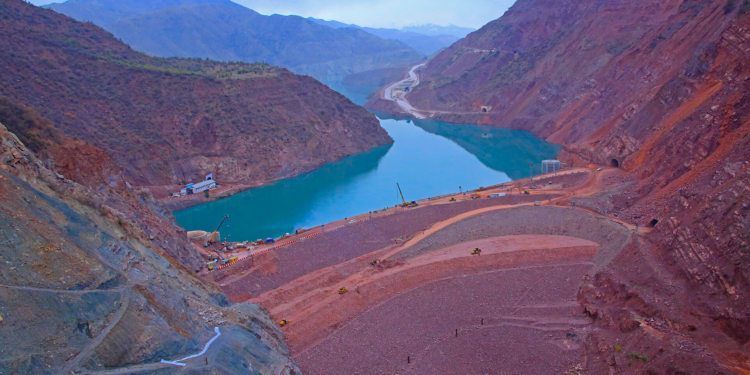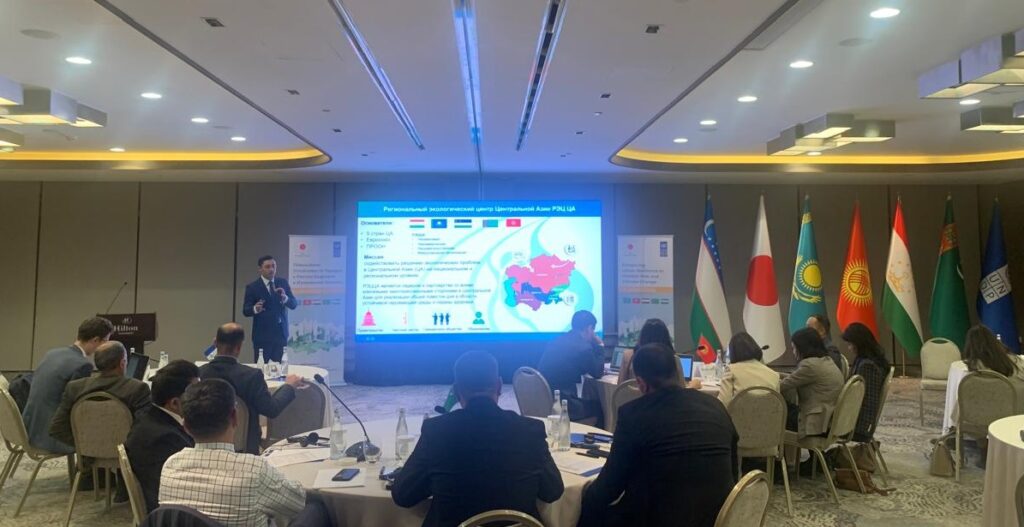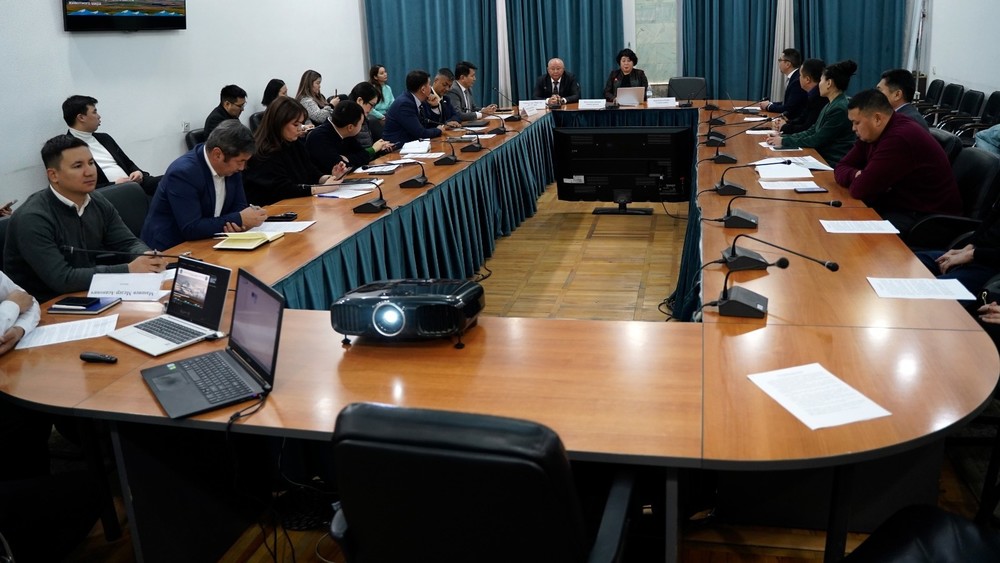On May 3, 2024, a seminar on assessing climate risks for the transboundary river basin of the Chu River was held in Taraz. It was attended by representatives of government departments for managing water resources and emergency situations, public associations, water inspections, regional and city akimats. The purpose of the meeting was to develop an agreed strategy for conducting a future assessment within the selected basin in Kazakhstan. This work is part of a large-scale study in the countries of Central Asia for five transboundary basins. Based on it, climate change mitigation measures will be proposed for each of them: Isfayram-Sai in Kyrgyzstan and Uzbekistan, Shakhimardan in Kyrgyzstan and Uzbekistan, Zeravshan in Tajikistan and Uzbekistan, Murgab in Turkmenistan and Chon-Kemin/Chu River in Kyrgyzstan and Kazakhstan . The selection took into account the size, proximity to the Central Asian republic, the presence of water-related emergencies, and access to hydrological and meteorological stations. All selected basins also experience relatively high water stress.


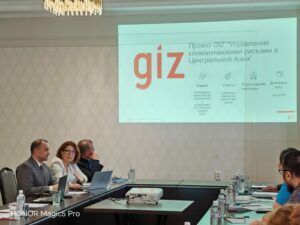
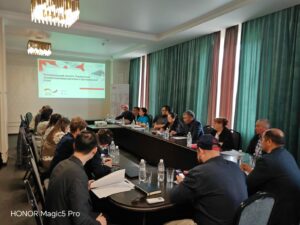




The research and seminar are taking place within the framework of the program “Climate Risk Management in Central Asia”, which is implemented by the Deutsche Gesellschaft für Internationale Zusammenarbeit (GIZ) GmbH (German Society for International Cooperation) on behalf of the German Federal Ministry for Economic Cooperation and Development (BMZ). Similar meetings were already held in April in Bishkek (Kyrgyzstan), Penjikent (Tajikistan), Ashgabat (Turkmenistan) and Tashkent (Uzbekistan). In addition to analytical materials and partial implementation of the proposed measures, the study will include training of trainers to conduct climate risk assessments in each country, and the results will be presented at the final meeting this summer.
For more information, please contact Nina Kumambetova, Public Relations Specialist for the Climate Risk Management in Central Asia program, by email nina.kumambetova@giz.de or +7 777 747 29 45.
Information about the program “Climate Risk Management in Central Asia”
In conditions of rising overall temperatures, in Central Asia there continues to be a tendency for changes in atmospheric precipitation, melting of glaciers and filling of moraine lakes, which entails an increased risk of droughts, landslides and floods. These phenomena transcend borders, necessitating regional systems and efforts that recognize the interconnectedness and cross-border nature of natural disasters and climate risks.
Recognizing this, the regional program “Climate Risk Management in Central Asia” supports Central Asian governments in their cooperation and work to coordinate responses. This includes promoting expertise sharing platforms, strengthening technical and administrative capacity, supporting a regional early warning network for hydrological disasters, and climate risk assessment, which was the focus of the Taraz workshop.
The Climate Risk Management in Central Asia program is part of the Green Central Asia initiative.
Our news: https://www.greencentralasia.org/ru/posts/1698041079 About the program: https://www.giz.de/en/worldwide/131531.html
Certificate of climate risk assessment
Climate risk assessment is an analysis of the possible negative consequences of climate change on people, the economy and the environment. The methodology includes a description of “impact chains,” which are conceptual models that reflect key risks. These models are developed with the participation of experts and stakeholders and help visualize the connections between changes in climate and their consequences for a specific context.
The plan for this study includes: a regional kick-off meeting, which took place in Uzbekistan on February 20; national workshops in all five countries to launch the project with the participation of national and local stakeholders; training sessions on the methodology for assessing climate risks, conducting seminars on risk mapping, coordination and presentation of results in the summer of 2024.
Find out more about the methodology here : https://climate-adapt.eea.europa.eu/en/news- archive/climate-risk-sourcebook-published

